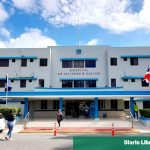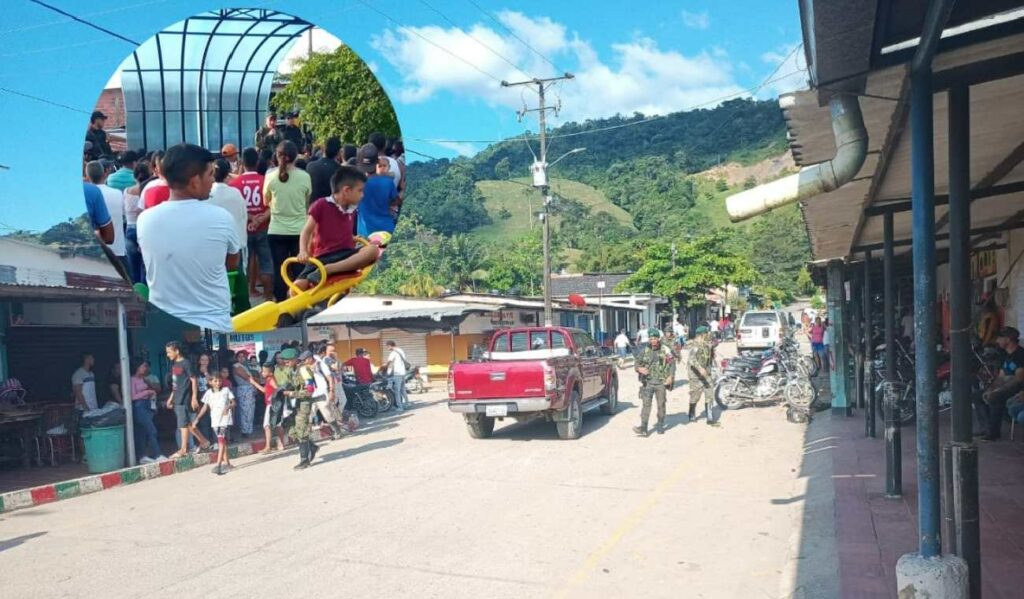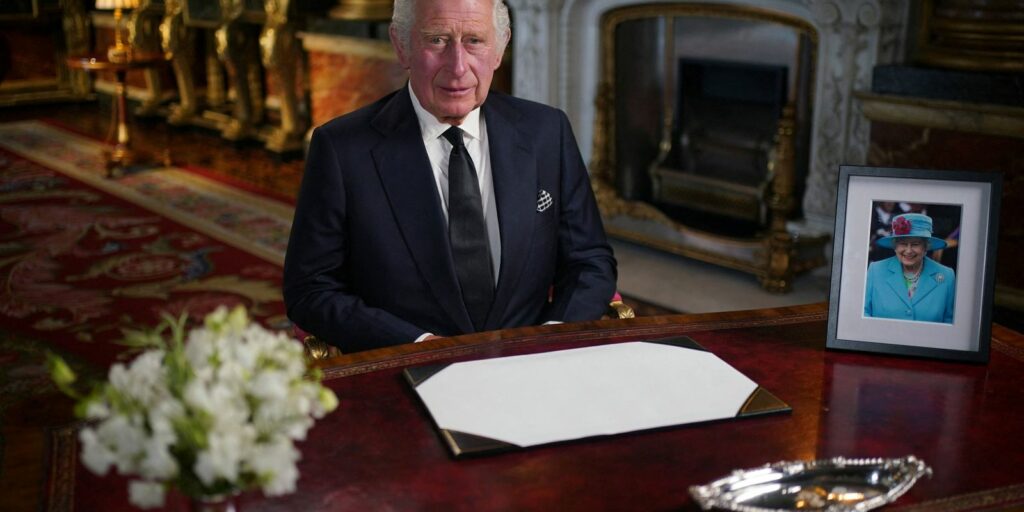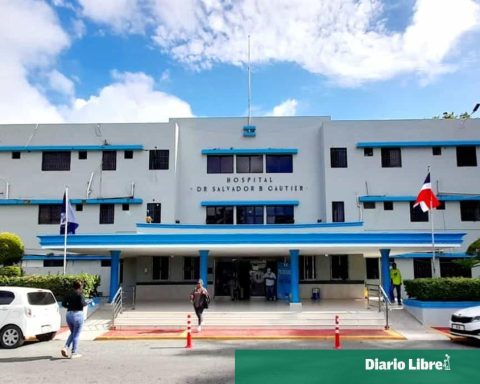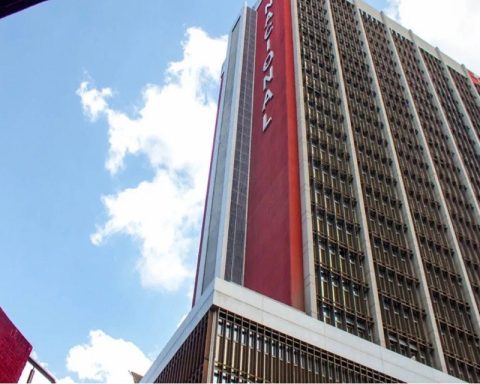According to a report issued by the Multigremial de La Araucanía, 179 acts of violence have occurred during the “Limited State of Emergency” in the south of the country decreed by the government of President Gabriel Boric on May 17, that is, in 107 days. until September 1 last. If this is compared to the initial 107 days of the State of Emergency decreed by former President Sebastián Piñera during 2021, according to the calculations of the entity made up of eight private productive unions and whose mission is to spread the proactive and purposeful will of the sector private in all those issues related to development and climates of citizen peace, violence increased by 44%, since 124 events occurred in that period.
This is one of the main conclusions of Report No. 11 on the Impact of the Limited State of Emergency in the so-called “South Macrozone” issued this Friday by the Multigremial de La Araucanía, which analyzed the occurrence of acts of violence in general; for homicides; for arson attacks; for armed attacks; by regions; by provinces and by communes to conclude with conclusions in this regard. Acts of violence by radicalized organizations and terrorists adjudicated with pamphlets or press releases are also included.
You may also like:
The report detects that it goes from a daily average of 0.8 acts of violence during the former president’s State of Emergency to a daily average of 1.7 acts of violence with the “limited” measure currently in force.
“We are facing a government with serious complexes when it comes to dealing with violence, delinquency and organized crime. In the south of Chile, the security crisis has worsened during this government: terror without checks or balances. Despite evident progress in police investigations and the actions of the Prosecutor’s Office with the arrest of Héctor Llaitul and members of his organizations, the government does not express a clear position regarding the need to dismantle these criminal gangs”, explains Patricio Santibáñez, president of the Multigremial of La Araucanía.
The report also indicates that in the region of La Araucanía acts of violence increased by 13% (81/93), while in Biobío they decreased by 20% (83/66).
Likewise, according to the multi-union report, the violence would have spread to other regions, such as in the Los Ríos region, acts of violence increased by 200% (5/15) and attacks were incorporated for the first time in the Los Ríos region. O’Higgins.
The most affected region is the region of La Araucanía, followed by Biobío. The province of Malleco registers an increase in the number of acts of violence of 31% (45/65) and in the province of Arauco it has a decrease of 13% (63/55), both provinces being the most affected in the macro zone south.
What happened in Malleco is related to the fact that the CAM doubled its acts of violence with the “Limited State of Emergency”, just as the organic Resistance Mapuche Malleco (RMM) tripled its actions.
“We insist that the government of President Boric has an ideological problem regarding security. They definitely don’t listen to the country. How do you explain that three or four days before the plebiscite, the new Minister of the Interior appoints as her main adviser a former conventionalist who declares himself against the State of Emergency? It’s not understood. In the south we need more security, support for the police and a State of Emergency without fine print, even extending it to the Los Ríos Region”, closed the union leader.
Araucanía Multigremial Report by The counter on Scribd








